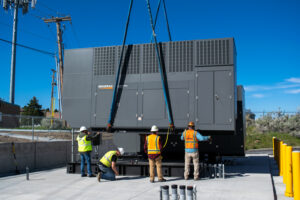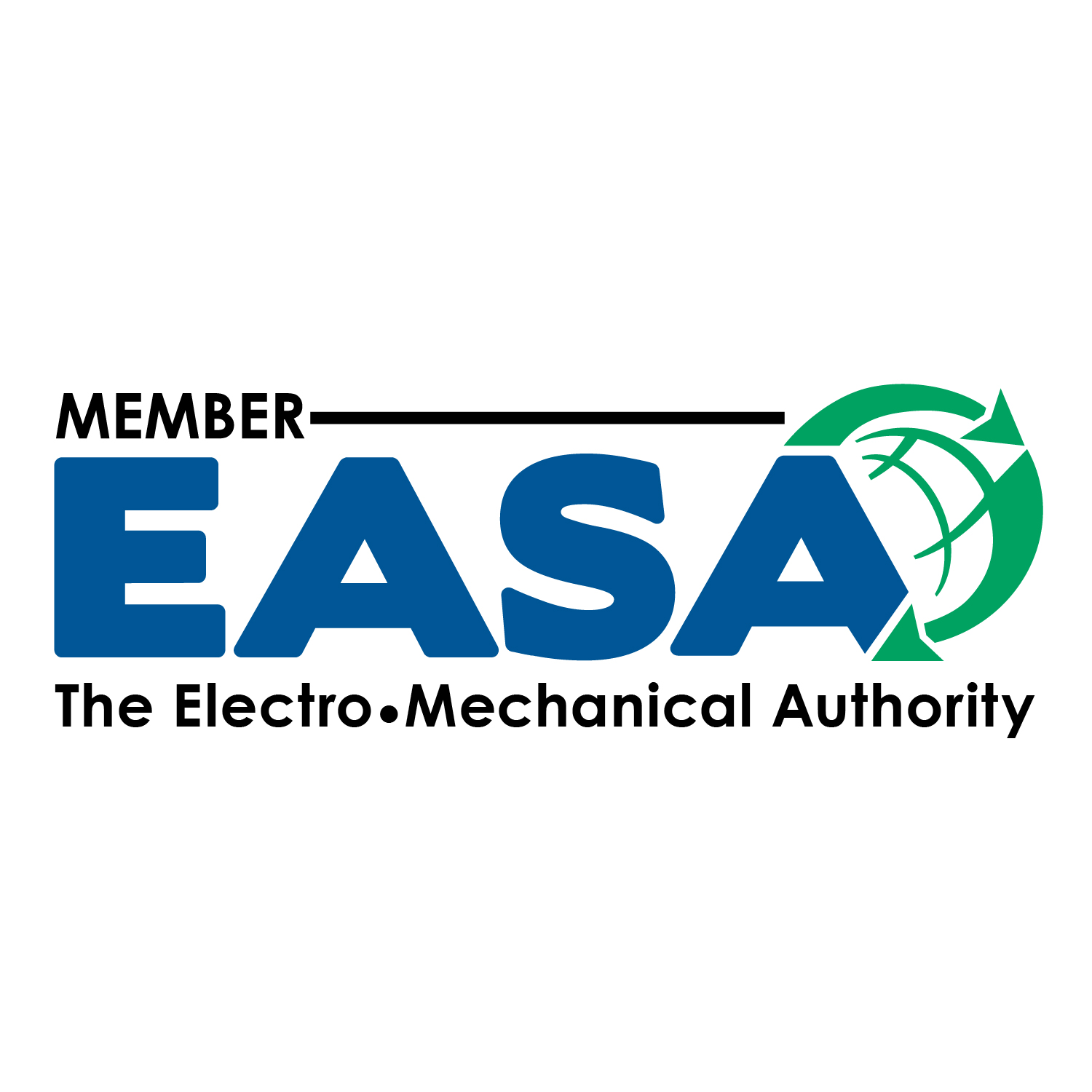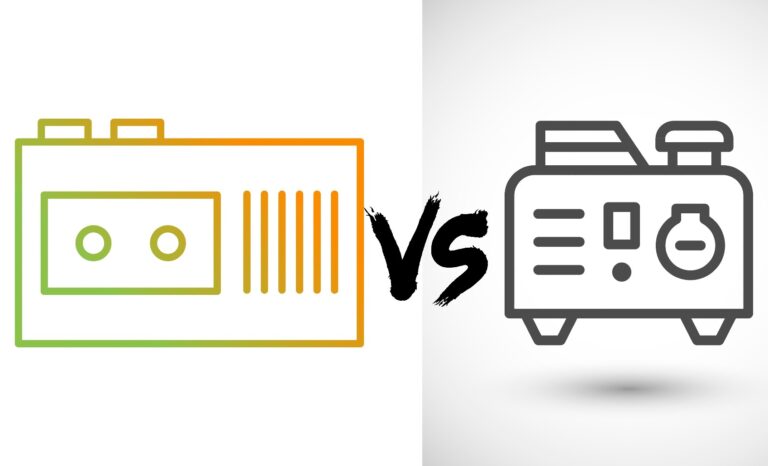
Which Generator is right for you?
We find ourselves living in a technology reliant world, and with all that technology comes an increasing need for constant electricity. Inevitably, when you find yourself without power for a few hours, your food can spoil, sump pumps will quit pumping (leading to possible flooding), your battery power will dwindle, and you’ll find yourself living like a pioneer until utility power gets back up and running. But what if you didn’t have to? What if a small investment could have you living in comfort during an outage, while your neighbors are breaking out the candles and crank radios?
A portable or standby generator could be the answer to this problem. Not everyone wants to commit to the cost and effort that comes with installing a permanent standby generator and that’s ok. A portable generator may be well suited for your needs. Below you will find a list of the pros and cons of both standby and portable generators to help make your decision a little easier.
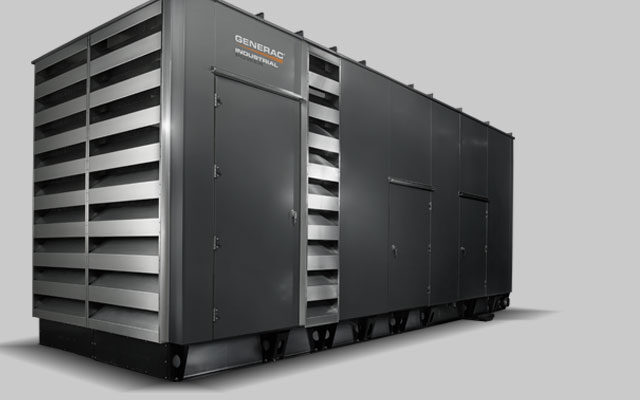
Pros of Standby Generators
- Starts automatically, even when you are not home. Usually within 30 seconds of loss of power.
- Stops automatically when utility power is restored.
- Lasts a long time. Usually 30 years or 3,000 hours of use.
- Can power the whole house, if sized correctly.
- Installation is permanent. No need to move and store.
- Runs on natural gas, liquid propane, or diesel (No fuel tank/storage is required if it runs off your home’s natural gas or liquid propane line).
- Quieter than portable generators.
- Good for use in areas that lose power often.
- Good long term solution.
- Can increase your home’s resale value (Often get a 75-100% return on investment).
Cons of Standby Generators
- More expensive than portable generators ($3,000 – $10,000).
- A good rule to follow is, by the time you are done with installation, the generator and all associated equipment will cost 2X what the generator costs.
- Takes up significant outdoor space.
- Need to pour a small concrete pad for it to sit on.
- Needs weekly exercise and yearly maintenance in addition to:
- After 24-48 hours of straight run time, service is recommended.
- After 10 days of straight run time, oil and filter changes are recommended.
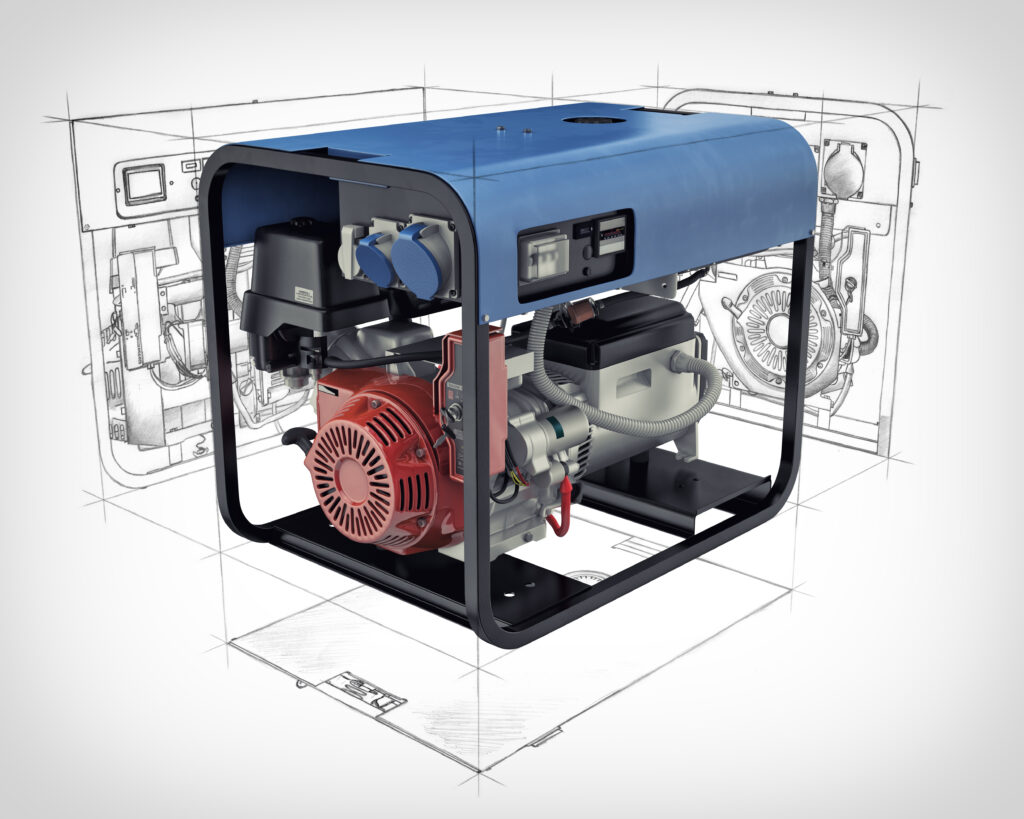
Pros of Portable Generators
- Less costly than standby generators ($500 – $1500)
- Fairly user friendly.
- Professional installation is not needed.
- Good short term solution, especially if you don’t lose power often or for long periods of time.
- Little maintenance is required.
Cons of Portable Generators
- Pull to start. Will not start if no one is there to pull the cord.
- Needs close monitoring.
- Extremely small fuel tank. Frequent refueling is needed. (Unfortunately, most municipalities limit residential fuel storage to 25 gallons at any one time.)
- Very loud compared to standby generators.
- Maintenance must be performed every 100-200 hours. (This includes oil change, oil and air filter change, and spark plug replacement.)
- Very heavy, and needs to be moved back and forth to storage and your location for use.
- Can be overloaded fairly easily.
- Can usually only power a few things at once, not a whole home.
- Needs proper weatherproof storage when not in use.
- Releases dangerous levels of carbon monoxide in enclosed spaces.
Weighing the Options
The choice is up to you. If you’re someone who can get along without whole home power for a few hours (or days in some cases!), then a portable generator is likely more than enough for you. But if you are someone who can’t go without the comforts of the 21st century for any amount of time or you’re housing a lot of critical technology that can’t go without power backup, then a permanently installed standby generator is your best bet.
Questions About Which Generator is Right for You? We Can Help!
Call 800-595-5315 Or Connect With Our Expert Technicians Here:
Other Articles
- Critical Spare Planning
- Where Do I Start On My Generator Installation?
- How can Las Vegas heat lead to generator failures?

Lead Generator Technician
Graduated from Idaho State University with a degree in Heavy Duty Diesel and Onsite Power Generation. Damien is a master tinkerer and has been working on anything with a motor since he was about six years old. Besides being a generator fanatic, Damien is also an avid snowmobiler and aspiring world traveler.


